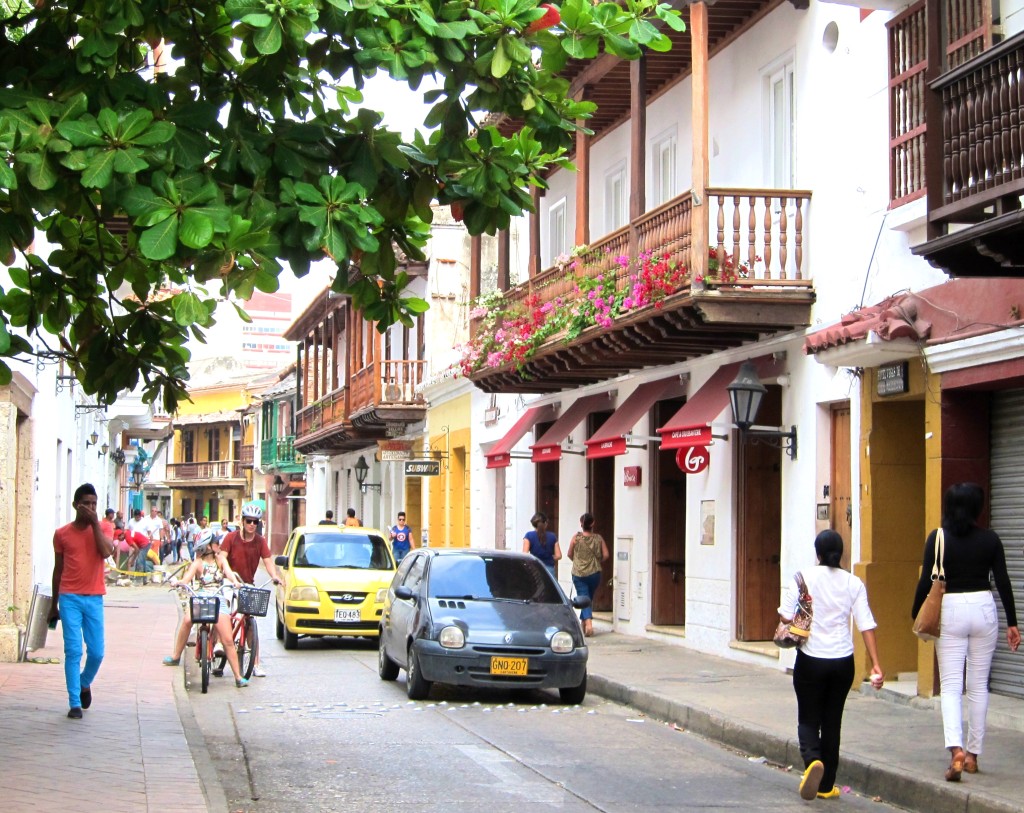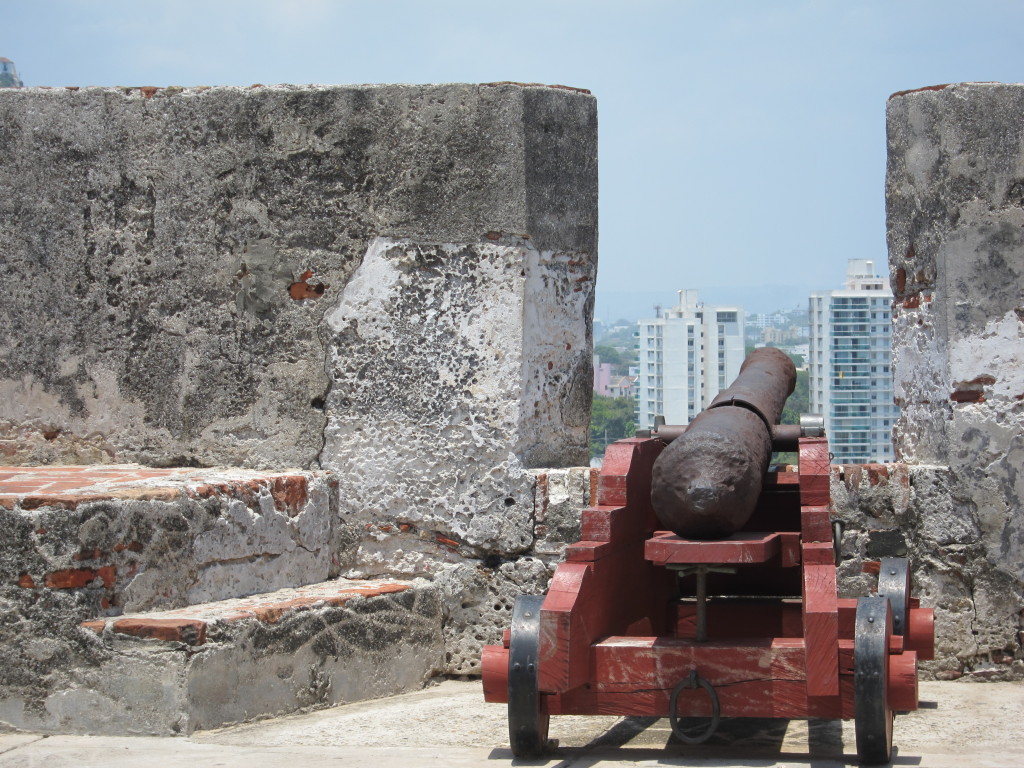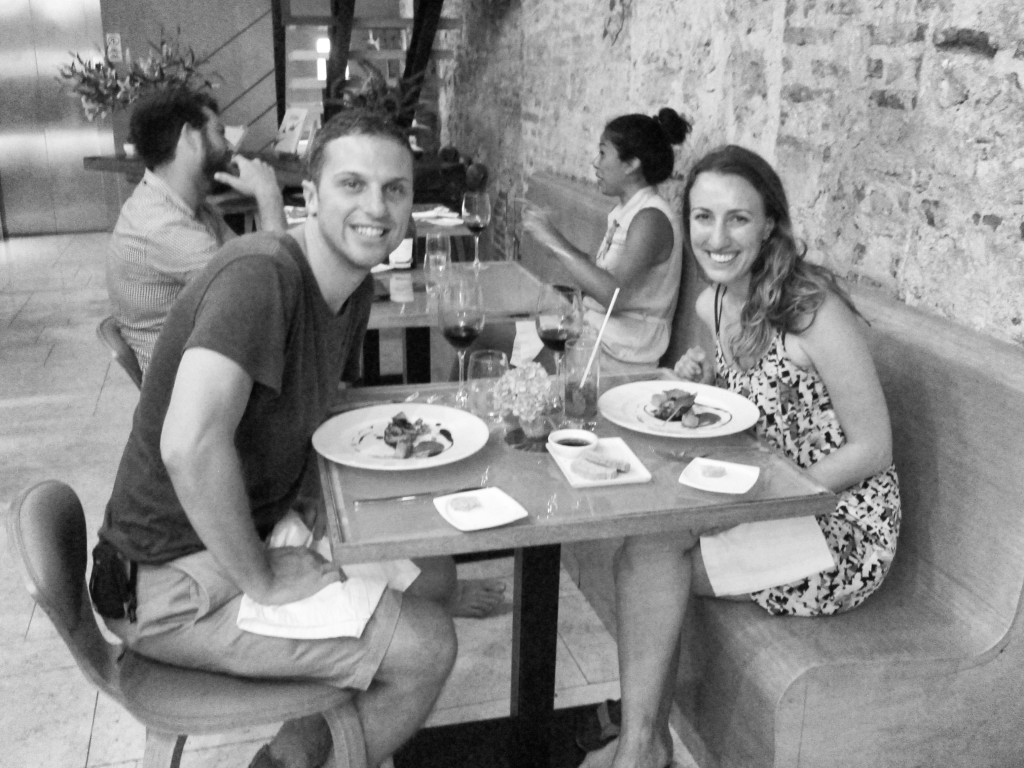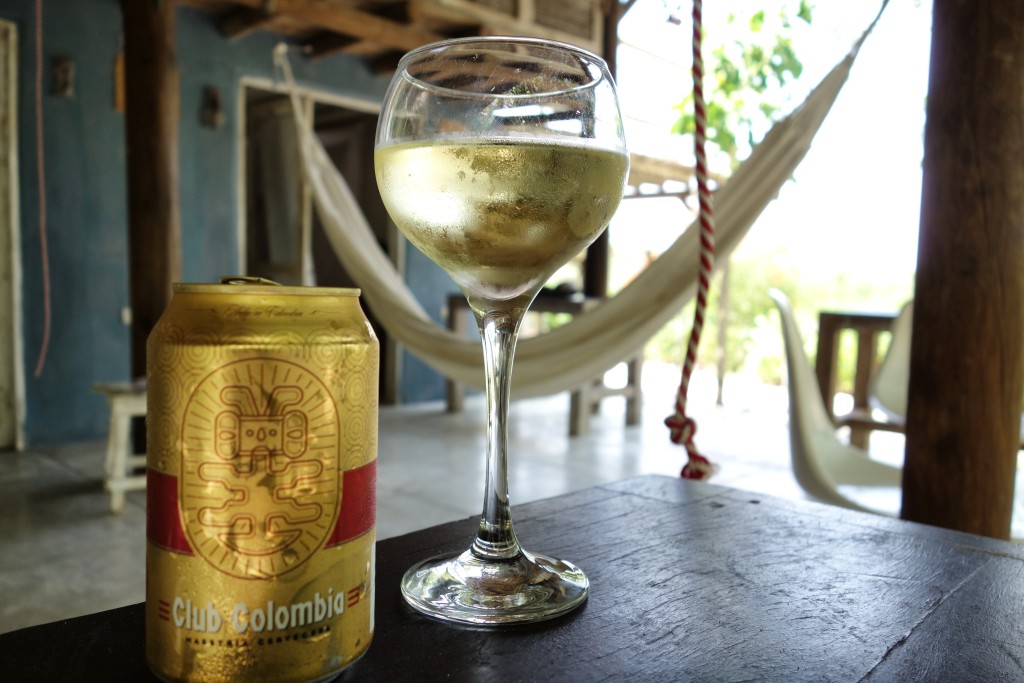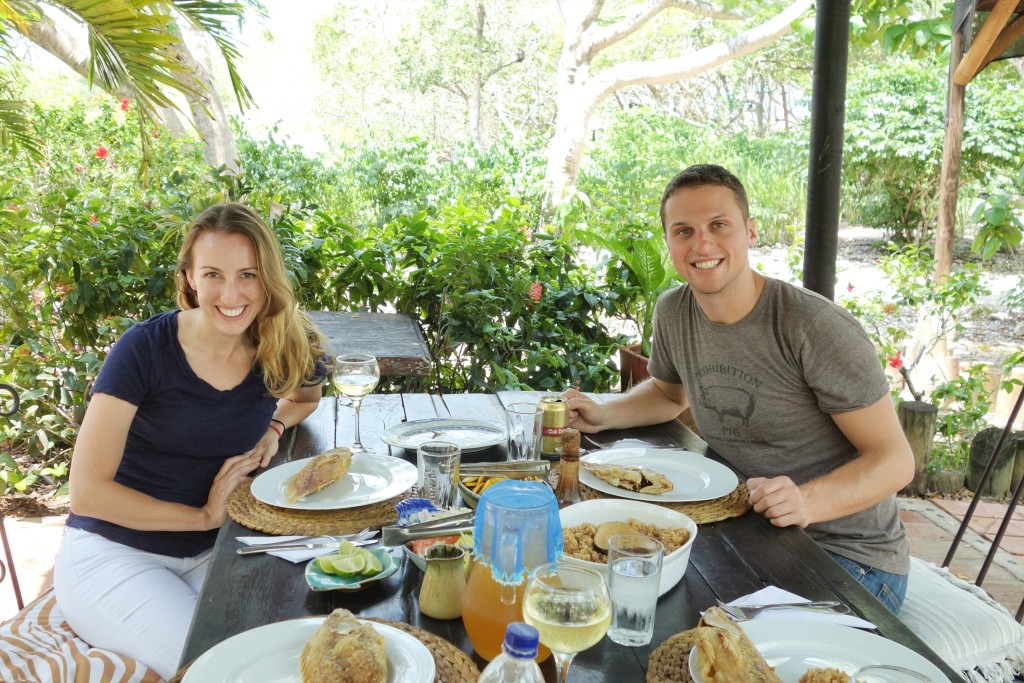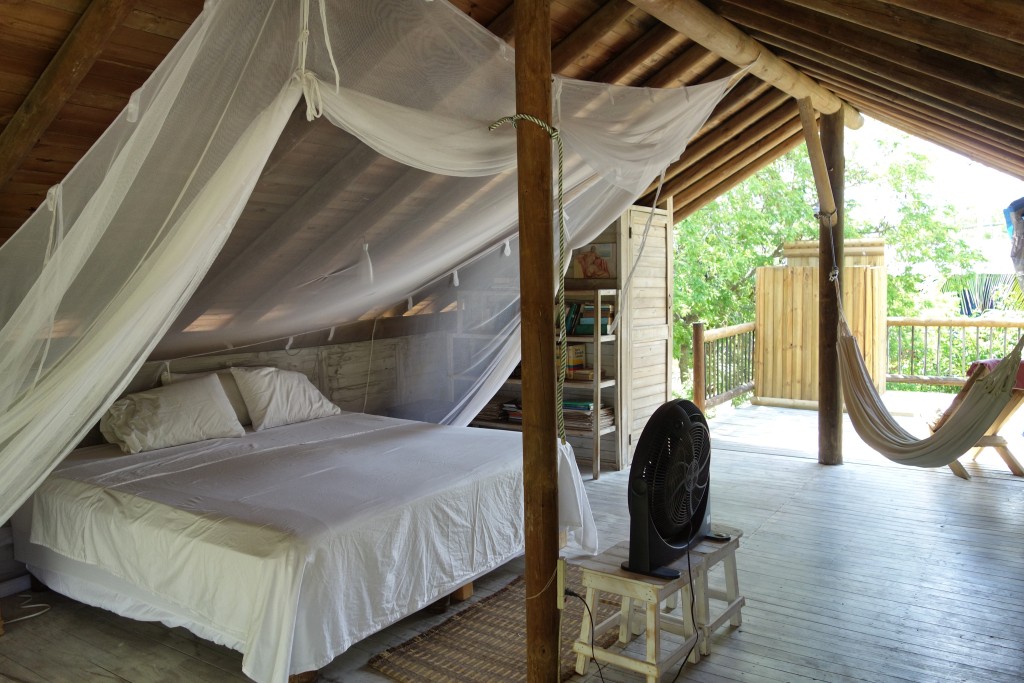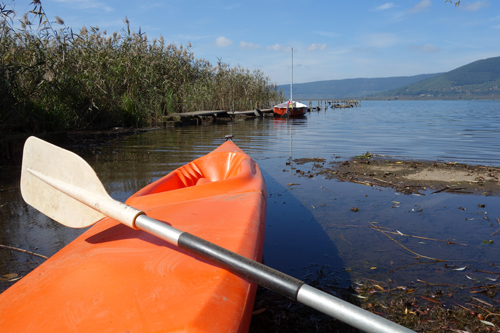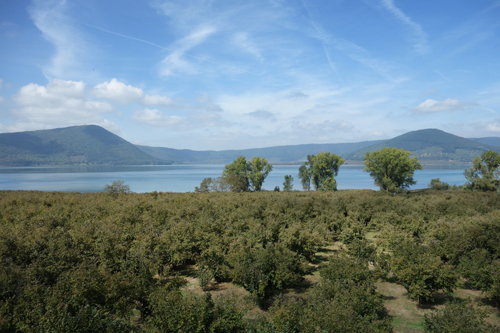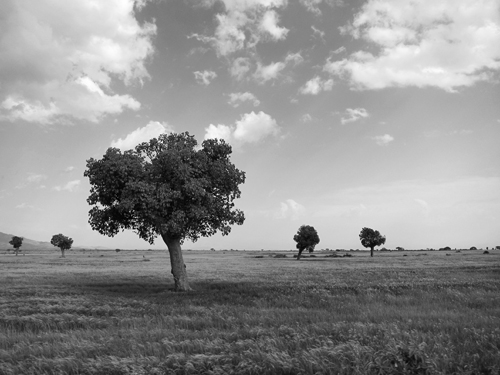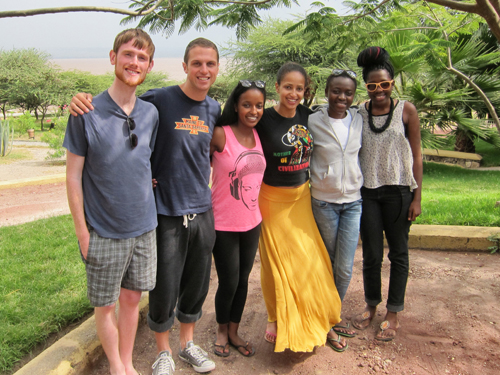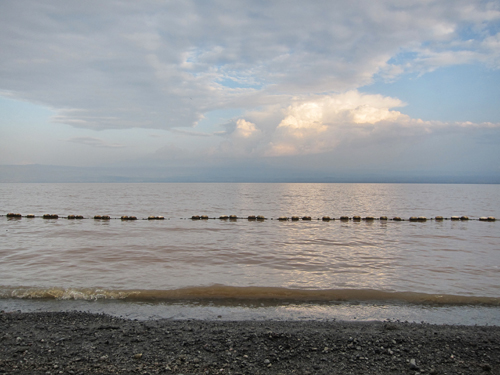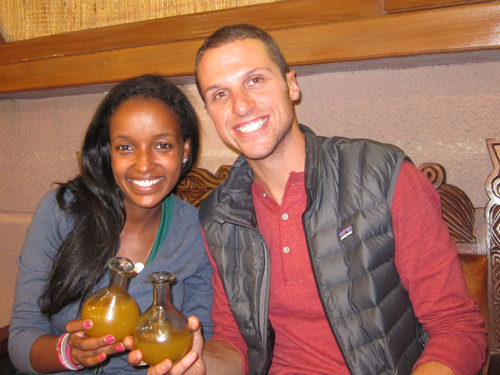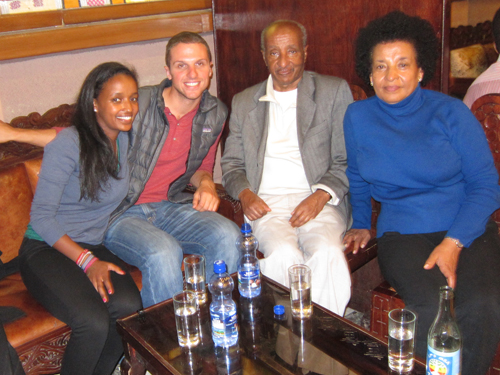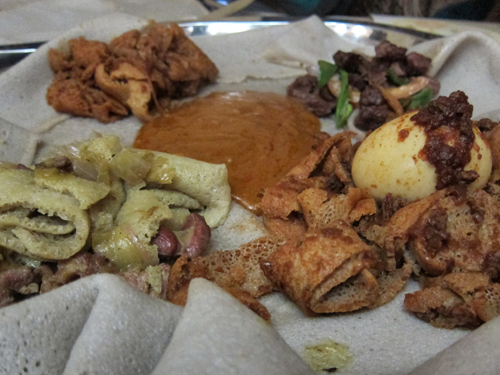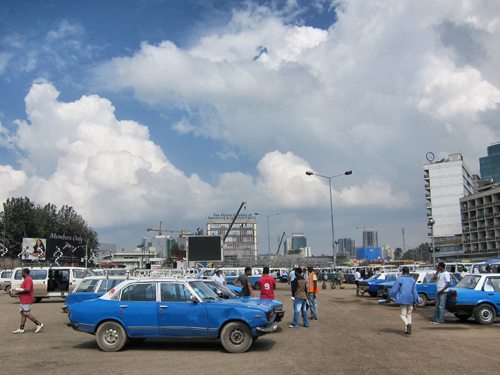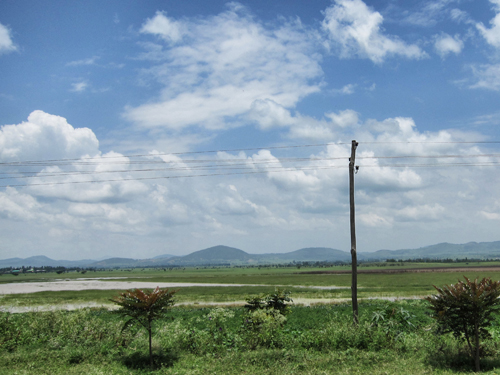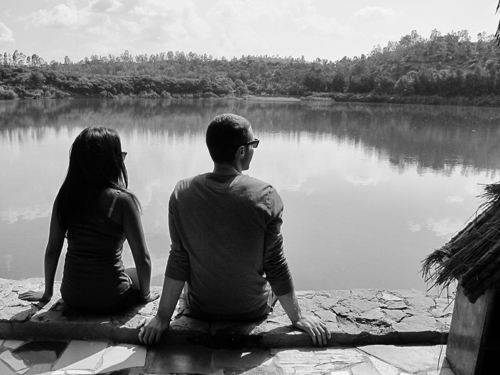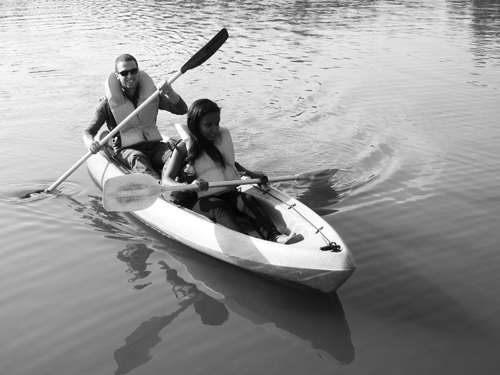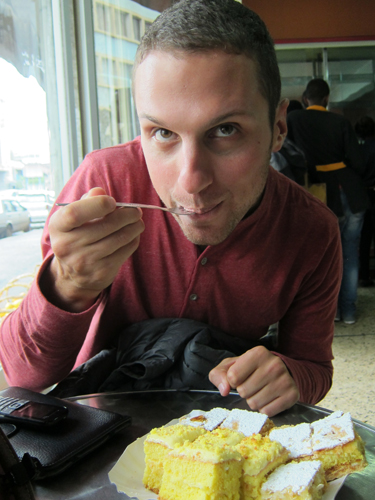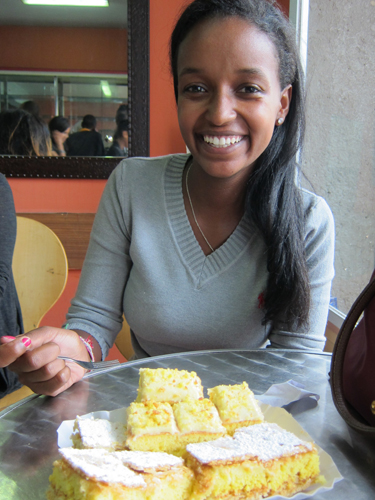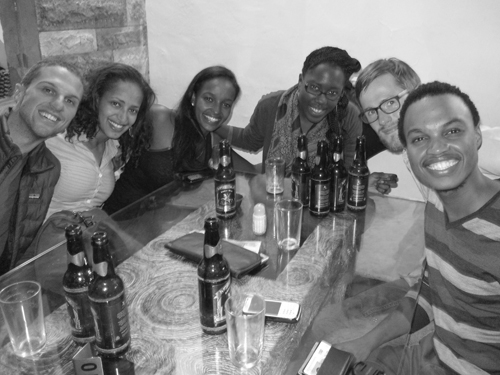We’ve chosen to spend Christmas this year away from home. Our works decided to shut down between Christmas and New Years, and we almost felt obligated to find a new place to explore.
We start in Copenhagen. Arriving in the late morning on Christmas day, we figure out the metro and find our Airbnb in Christianshavn (still figuring out how to pronounce that). It is a top floor small apartment overlooking a river, some shops, a couple churches, and mostly other residences. The pictures on airbnb.com definitely made the place look a bit bigger than it actually is, but there is something homey about only having room for a large dorm refrigerator.
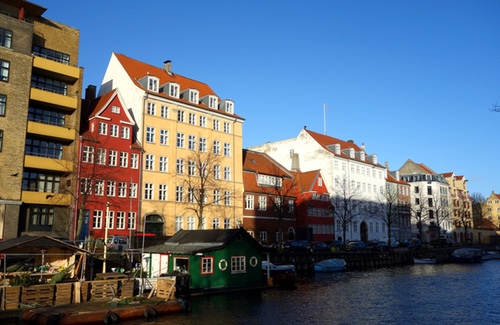
The Danes mostly celebrate Jesus’ birthday on the 24th, which meant we kind of missed Christmas. However, we were determined to still celebrate. How better to do this than to venture over to Copenhagen’s Tivoli Christmas Market. We arrive to over 16,000 lights strung up over and around the Tivoli Market. We end up inside the market by mistake. I think there may have been an entrance fee, but after a bathroom stop, we exited the restaurant from a different exit and find ourselves within the walls of the market. Once inside, we drink glogg (sort of liked mulled wine), hot chocolate, and warm cider. It’s a bit chilly out, so these warm drinks are quite welcomed. We pop in handful of stores, admire some nice Christmas ornaments, some nice tchotchkes, and lots of beanies, socks, and gloves. We were about to leave and realized we’d just saved ourself a pair of entrance fees, so we turned around and decided we shouldn’t leave but instead, we should buy a waffle.
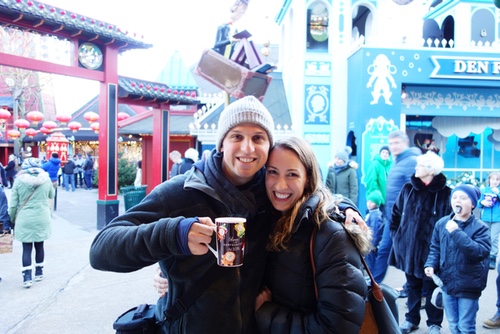
Around this time, we start to get very tired. It’s late, but it’s early, but it’s christmas, but it’s Copenhagen, and thus we are a bit confused about the time and our level of energy. We find a nook at a nearby coffee shop, and doze in and out a little while we snack and sip our caffeine. We had a made a reservation for 7:30pm for dinner as motivation to stay awake. We plan to keep that reservation and have about 3 hours to kill until then. What to do?
The first bar we stop in is called Jernbanecafeen. Even though it’s only about 5pm, this very christmas-decorated dive bar is already full of drunk patrons. We keep to ourselves on a couple stools in the corner of the bar, when some folks start approaching us (actually approaching the juke box, which is right behind us). After being a part of a bit of scene and dancing with some of the locals in the bar, we find an opportunity for an Irish exit, and we make our escape. The next stop is a a very quiet Scottish bar not too far from the first. Here I have a Christmas Tuborg beer, and Lindsey and I strike up another conversation with some locals (and some transplants), but this time everyone is much more sober. One of them lived in Santa Cruz, California, just down the road from us — small world. Before leaving, they give us tips of where to go and what to see.
Just making it to dinner at the end of our first day here in Copenhagen is considered a victory. My energy level dictates that I order a Coca Cola instead of a glass of wine, but the meal is delicious and we talk of plans for the trip to come.
The night ends with fireworks over the Tivoli Christmas Market, on the edge of which our restaurant sits. We made it to 9pm and are more than ready to rest to see if we can get onto Danish time by tomorrow. Day 1, complete.

